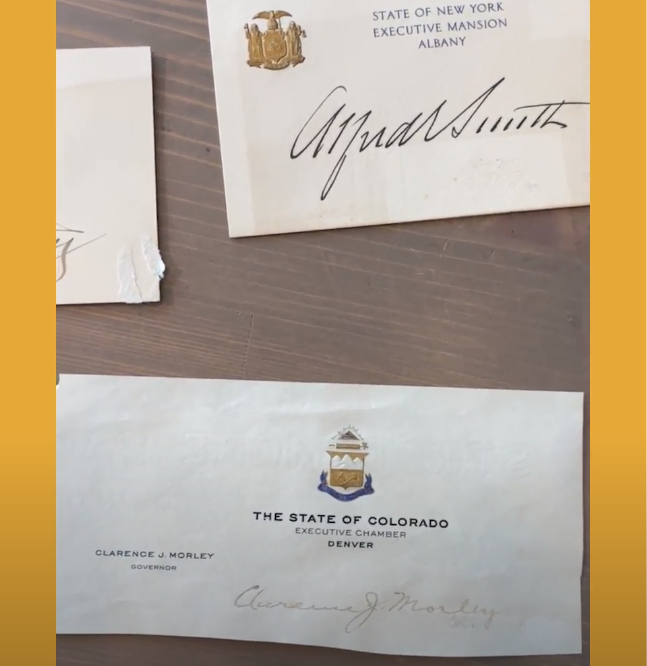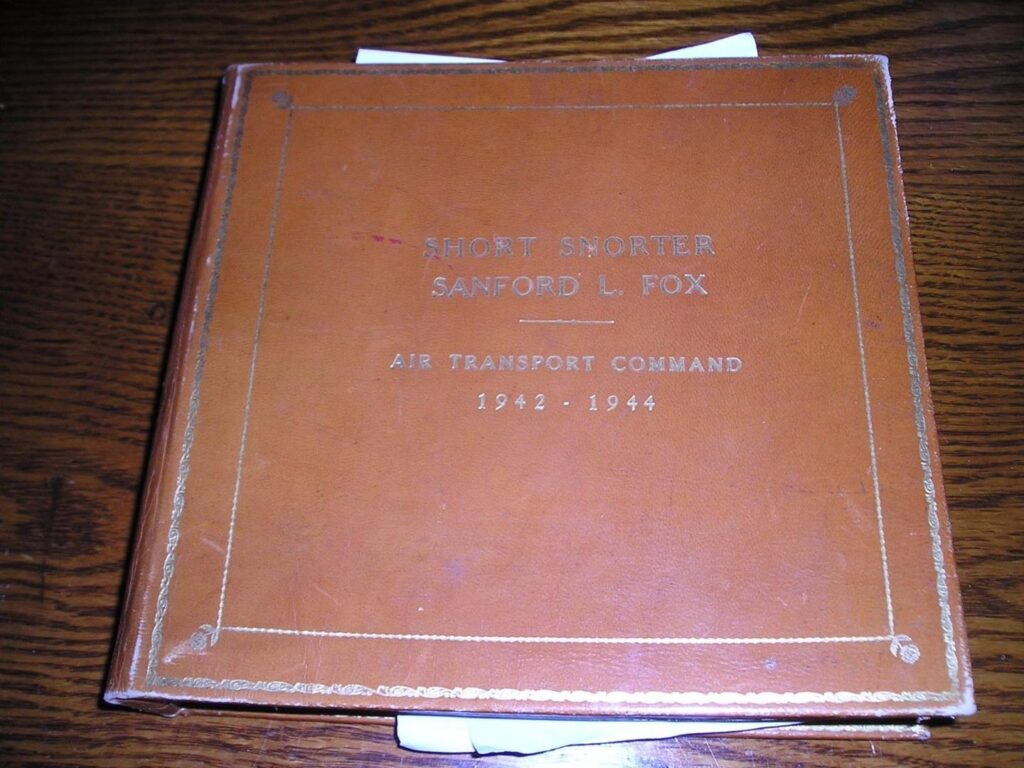BLOG
Finds and Interests
People can spend years collecting autographed documents, a lifetime even. As a follow-up to our discussion autographed vintage movie photographs, I talk about verifying and authenticating historical and political autographs in my latest YouTube video. Check out the recent addition to my autograph collection above.
There are various reasons why someone might feel motivated to collect autographs. Sometimes, it is for personal interest or to feel a deeper connection to their idols or admired figures; other times, autographs serve as unique and tangible memorabilia linked to a person or event. Regardless of the reason, autograph collecting is a hobby that often features a strong love for history and important historical artifacts.

History in Ink
In fact, collecting historical autographs is more than a hobby—it’s a captivating journey into the history of the world, making the stories of our past come alive.
Historical autographs offer a window into the lives and minds of people who changed the world, for better or worse. It’s like holding a piece of history in your hands, whether it’s a letter from a founding father or a signature from a legendary artist. These autographs provide personal insights into the thoughts and experiences of historical figures.
Take, for example, this Ulysses S. Grant letter from 1864, which offers insight into an event involving Union Army General Grant and the topic of espionage. During the Civil War, General Grant’s coordinated strategies to defeat the Confederate Army involved espionage and intelligence gathering, as discussed in the letter. Although this is only one item, when paired with other historical documents and letters, these artifacts shed light on the secretive and intricate aspects of military strategies used before our time. Auction houses have sold historically significant original items like these for thousands and tens of thousands of dollars.

Source: WorthPoint®
Where to Look for Historical Autographs?
Historical autographs can be found in various places, and their availability may depend on the period, significance of the individuals mentioned, and the specific type of autograph you’re interested in. Here are some familiar sources and places where people can find historical autographs:
- Auction Houses: Reputable auction houses such as Sotheby’s and Christie’s often feature historical autographs and manuscripts at their auctions. For example, this Abraham Lincoln autographed letter to General George McClellan sold for $81,250 in 2018. This is an example of a rarer document with a higher price point.
- Specialized Autograph Dealers: Dealers specializing in historical autographs often have a wide range of items available for sale.
- Antique Shops: Some antique shops may carry historical autographs, especially in areas with rich historical backgrounds.
- Estate Sales: Estate sales, especially those of areas with a rich historical background, may include historical autographs.
- Private Collectors: Networking with fellow autograph collectors or joining autograph collector forums and communities can provide opportunities to buy and trade historical autographs.
Happy Hunting!
When acquiring historical autographs, it’s essential to do thorough research on the item’s authenticity and the seller’s reputation. Items that lack authentication typically sell at lower price points. Look for certificates of authenticity (COAs) from reputable authentication services when possible. Additionally, consider the historical context and significance of the autographs to ensure they align with your interests and collecting goals.
Will Seippel is the CEO and founder of WorthPoint, the world’s largest provider of information about art, antiques, and collectibles. Individuals and organizations use WorthPoint, an Inc. 500 Company, to seek credible valuations on everything from cameras to coins. WorthPoint counts the Salvation Army, Habitat for Humanity, and the IRS among its clients.